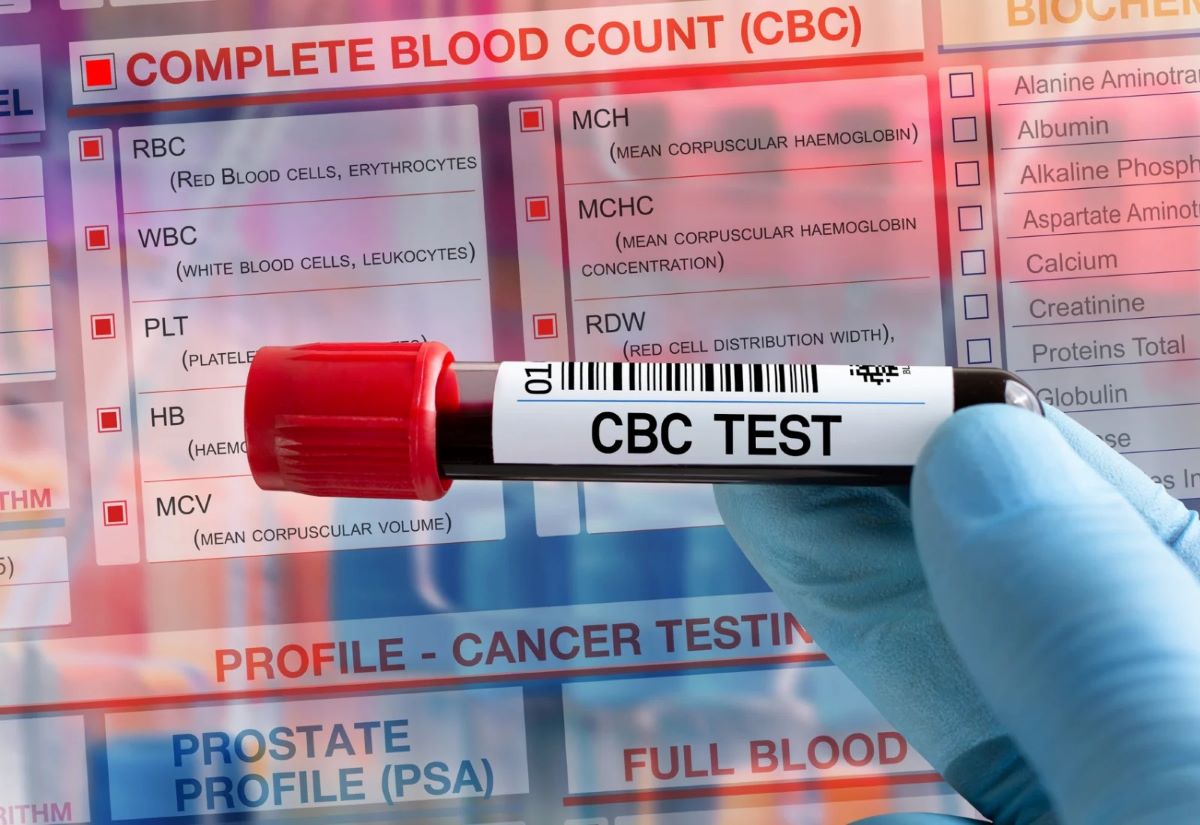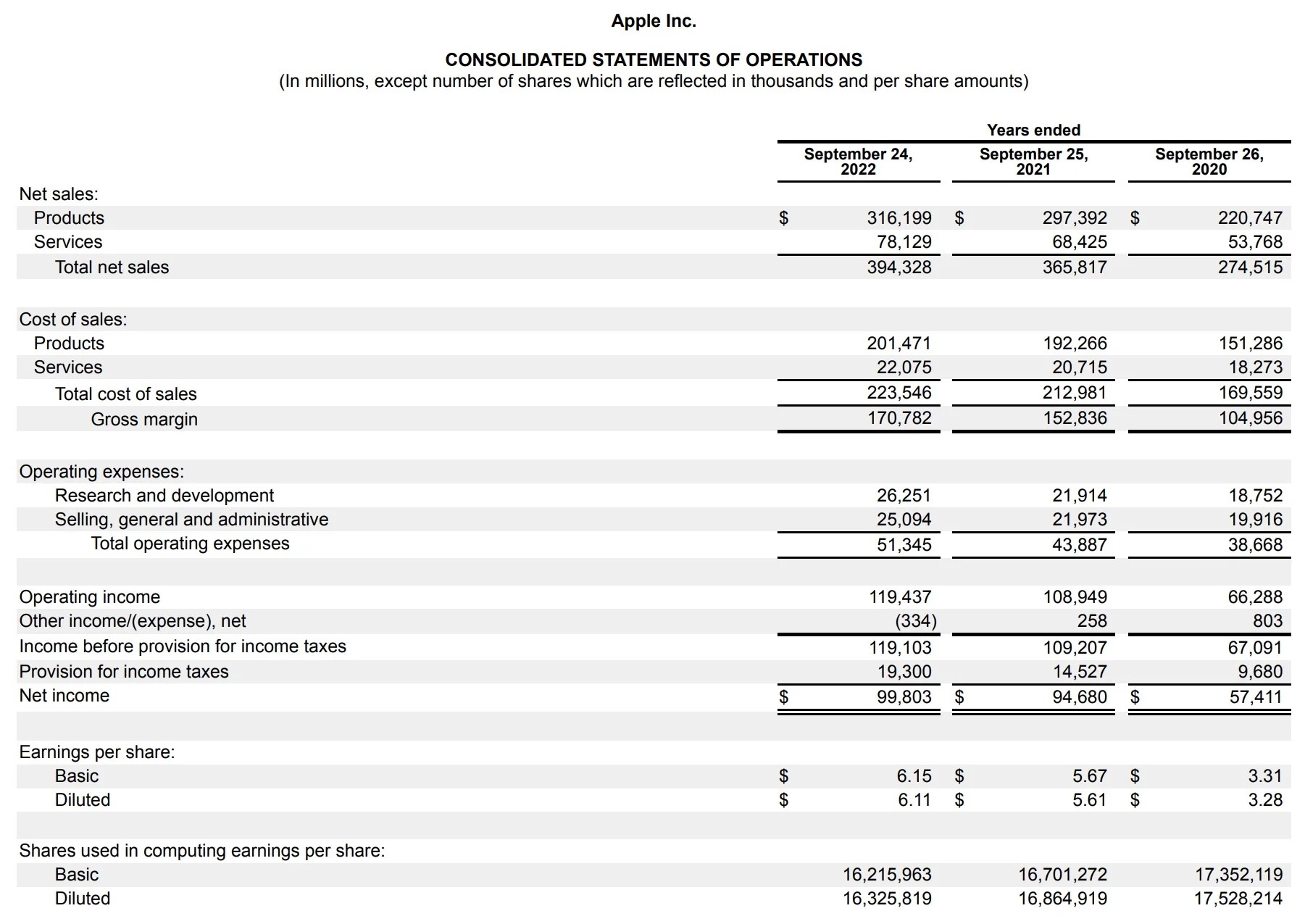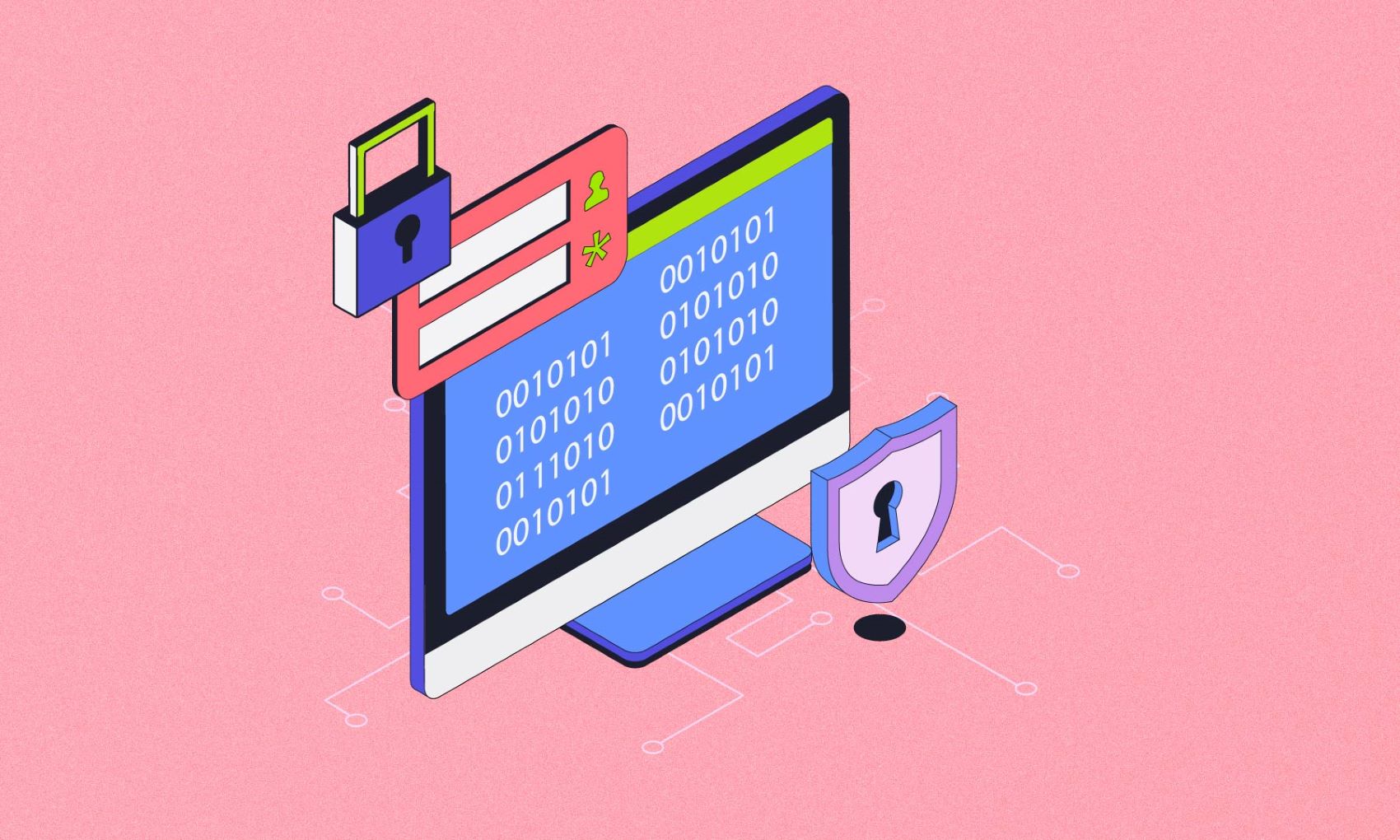Home>Finance>How Much Does A 72-Hour Hold Cost Without Insurance?


Finance
How Much Does A 72-Hour Hold Cost Without Insurance?
Published: November 18, 2023
Find out the cost of a 72-hour hold without insurance and manage your finances effectively. Learn how to navigate the financial implications of mental health care.
(Many of the links in this article redirect to a specific reviewed product. Your purchase of these products through affiliate links helps to generate commission for LiveWell, at no extra cost. Learn more)
Table of Contents
Introduction
When it comes to mental health emergencies, a 72-hour hold, also known as an involuntary psychiatric hold or psychiatric detention, is a crucial intervention. This legal mechanism allows individuals who are at risk of harming themselves or others to be detained and evaluated in a psychiatric facility for a limited period of time.
During this 72-hour hold, mental health professionals assess the individual’s condition, determine the appropriate treatment plan, and ensure the safety of both the patient and the community. However, the cost of a 72-hour hold can vary significantly, especially if you are without insurance coverage.
Understanding the financial implications of a 72-hour hold without insurance is essential, as it allows individuals and their families to plan for the potential expenses associated with mental health emergencies. In this article, we will explore the factors that affect the cost of a 72-hour hold and provide information on average costs. We will also discuss alternative options for those who may find the cost of a 72-hour hold prohibitive.
Understanding the 72-Hour Hold
A 72-hour hold is a legal mechanism that allows mental health professionals to detain individuals who are experiencing a mental health crisis. This intervention is typically used when an individual poses a significant risk to themselves or others due to a mental illness. The purpose of a 72-hour hold is to provide immediate evaluation and treatment to ensure the safety of the patient and those around them.
During the 72-hour hold, the individual is placed in a psychiatric facility or hospital setting, where they are closely monitored and assessed by mental health professionals. The goal is to determine the appropriate course of treatment and provide necessary support during this critical period.
The decision to initiate a 72-hour hold is not taken lightly. It requires careful evaluation by mental health professionals, who consider factors such as the individual’s behavior, history of mental illness, risk to self or others, and the likelihood of improvement with treatment. In most cases, a court order or the consent of a mental health professional is required to proceed with the 72-hour hold.
It’s important to note that a 72-hour hold is not a long-term solution for mental health treatment. It serves as an emergency intervention to address immediate safety concerns and stabilize the individual’s condition. Once the hold is complete, further treatment options and support will be discussed, which may include outpatient therapy, medication management, or longer-term hospitalization if necessary.
Overall, the 72-hour hold plays a critical role in providing timely and necessary intervention for individuals experiencing a mental health crisis. It ensures that those in need receive immediate evaluation and care while also safeguarding the well-being of the individual and the community as a whole.
Cost of a 72-Hour Hold without Insurance
The cost of a 72-hour hold without insurance can be a significant financial burden for individuals and their families. Without insurance coverage, individuals are responsible for covering the costs associated with the psychiatric evaluation, treatment, and hospital stay during the hold period.
The exact cost of a 72-hour hold can vary depending on several factors, including the location of the psychiatric facility, the level of care required, and the specific services provided. It’s important to note that mental health facilities have different pricing structures, and the cost can also vary depending on whether the facility is private or public.
Psychiatric evaluation and assessment fees are typically part of the overall cost of a 72-hour hold. During the evaluation, mental health professionals assess the individual’s condition, develop a treatment plan, and ensure their safety. These fees can range from a few hundred dollars to several thousand dollars, depending on the complexity of the evaluation and the credentials of the professionals involved.
The cost of the hospital stay is another significant component of the overall cost. Depending on the facility, the cost can range from a few hundred dollars per day to several thousand dollars. Additional charges may apply for medication administration, therapy sessions, and any specialized treatments or interventions.
In some cases, individuals without insurance may be eligible for financial assistance or sliding scale fees based on their income and ability to pay. It’s important to inquire about these options with the psychiatric facility to explore any possible cost reductions or payment plans.
Overall, the cost of a 72-hour hold without insurance can add up quickly, potentially placing a significant strain on an individual or family’s finances. It highlights the importance of having insurance coverage or exploring alternative resources for mental health care in order to mitigate the financial impact of a mental health emergency.
Factors Affecting the Cost
Several factors can influence the cost of a 72-hour hold without insurance. Understanding these factors is crucial for individuals and their families to anticipate and plan for potential expenses associated with a mental health emergency. Here are some key factors that can affect the cost:
- Geographical Location: The cost of a 72-hour hold can vary based on the region and city where the psychiatric facility is located. Areas with a higher cost of living tend to have higher healthcare costs, including mental health services.
- Type of Facility: The type of psychiatric facility can impact the cost. Private facilities often have higher rates compared to public or non-profit facilities that may provide services on a sliding scale or offer financial assistance programs.
- Level of Care: The level of care required during a 72-hour hold can also affect the cost. Individuals with more complex mental health needs may require specialized care or interventions, which can result in higher costs.
- Additional Services: Additional services offered during the hold period, such as therapy sessions, medication management, or specialized treatments, can contribute to the overall cost. These services may be provided by mental health professionals who charge separate fees.
- Length of Stay: The duration of the 72-hour hold can impact the cost as well. If there is a need for an extended stay in the psychiatric facility beyond the initial 72-hour period, additional charges may apply.
It’s important to note that the cost of a 72-hour hold can vary significantly based on these factors and individual circumstances. It is advisable to contact specific psychiatric facilities to get an accurate estimate of the costs involved.
Additionally, it’s worth exploring other resources and options that may assist with managing the cost of a 72-hour hold. This can include seeking financial assistance, discussing payment plans with the facility, or exploring community mental health services that provide more affordable or free treatment options.
By understanding the factors that affect the cost, individuals and their families can better prepare for the financial implications of a 72-hour hold without insurance coverage.
Average Costs of a 72-Hour Hold
When it comes to the cost of a 72-hour hold without insurance, it’s important to note that the expenses can vary significantly depending on various factors. However, we can provide a general overview of the average costs you might encounter during a 72-hour hold.
Estimating the exact cost of a 72-hour hold is challenging because it can include multiple components, such as psychiatric evaluation fees, hospital stay charges, medication administration costs, therapy sessions, and any additional specialized treatments required. Additionally, the cost can vary based on geographic location and the type of facility.
On average, the cost of a psychiatric evaluation during a 72-hour hold can range from $500 to $2,500. This cost includes the assessment conducted by mental health professionals and the development of an appropriate treatment plan. The fees can vary depending on the complexity of the evaluation and the expertise of the professionals involved.
The cost of the hospital stay itself can vary significantly. On average, you can expect to pay around $1,000 to $3,000 per day for the duration of the 72-hour hold. This cost covers room and board, medical monitoring, and general psychiatric care. Additional charges may apply for medication administration, therapy sessions, and other specialized treatments.
It’s important to keep in mind that these are average costs and can fluctuate depending on the factors mentioned earlier. It’s always advisable to contact specific psychiatric facilities to get an accurate estimate of the costs involved based on your individual circumstances.
Furthermore, it’s worth exploring financial assistance programs or sliding scale fees based on income to help mitigate the financial burden. Many psychiatric facilities offer these options to individuals without insurance coverage or with limited financial resources.
Remember, being proactive in understanding the average costs and exploring available resources can better prepare you for the potential financial implications of a 72-hour hold without insurance.
Alternatives to Expensive 72-Hour Holds
For individuals without insurance coverage or those concerned about the high cost of a 72-hour hold, there are alternative options to consider. These alternatives can help manage the financial burden while still ensuring appropriate care and support during a mental health crisis. Here are some alternatives to expensive 72-hour holds:
- Community Mental Health Centers: Many communities have mental health centers that offer low-cost or sliding scale services. These centers provide assessment, counseling, and crisis intervention to individuals in need. They can be a more affordable option for those seeking immediate mental health support.
- Crisis Hotlines: Crisis hotlines, such as the National Suicide Prevention Lifeline, provide immediate support and guidance to individuals in a mental health crisis. Trained professionals are available 24/7 to offer assistance, crisis counseling, and referrals to local resources. These hotlines are typically free of charge and can be a valuable alternative to a costly 72-hour hold.
- Outpatient Therapy: Rather than opting for a 72-hour hold, individuals may explore outpatient therapy services. Outpatient therapy offers regular counseling sessions with mental health professionals while allowing individuals to continue living in their community and maintaining their daily routines. Outpatient therapy can be more cost-effective, especially when compared to the expenses associated with a hospital stay.
- Supportive Friends and Family: A strong support system of friends and family can provide invaluable assistance during a mental health crisis. Loved ones can offer emotional support, help with accessing resources, and assist with safety planning. Having a trusted support network can potentially reduce the need for a 72-hour hold by providing a stabilizing environment during challenging times.
- Non-Profit Organizations: There are non-profit organizations dedicated to providing mental health support and resources to individuals without insurance coverage. These organizations may offer free or low-cost counseling services, support groups, and access to local community resources. Exploring these organizations can provide alternative avenues for receiving the necessary assistance.
It’s important to remember that the choice of alternatives depends on individual circumstances and the level of care needed. While these options can be helpful, it’s crucial to consult with mental health professionals to determine the most appropriate course of action for your specific situation.
By considering these alternatives, individuals without insurance coverage or concerned about the high cost of a 72-hour hold can still access the care and support they need during a mental health crisis without incurring excessive expenses.
Conclusion
A 72-hour hold is a critical intervention for individuals experiencing a mental health crisis, ensuring their safety and providing immediate evaluation and treatment. However, the cost of a 72-hour hold without insurance coverage can pose a significant financial burden for individuals and their families.
Understanding the factors that affect the cost, such as geographical location, type of facility, level of care, additional services, and length of stay, can help individuals anticipate and plan for the potential expenses. It’s important to contact specific psychiatric facilities to obtain accurate estimates and inquire about financial assistance or sliding scale fees based on income.
For those concerned about the high cost of a 72-hour hold, alternative options can be considered. Community mental health centers, crisis hotlines, outpatient therapy, supportive friends and family, and non-profit organizations can provide valuable support and resources at a more affordable or free-of-charge basis.
Ultimately, prioritizing mental health and seeking help during a crisis should not be hindered solely by financial concerns. Exploring all available options and resources can help individuals access the necessary care and support without facing excessive financial burdens.
If you or someone you know is in a mental health crisis, it’s important to reach out to mental health professionals, crisis hotlines, or local resources for immediate assistance and guidance. Taking proactive steps towards obtaining the necessary help can make a significant difference in one’s well-being and recovery.














